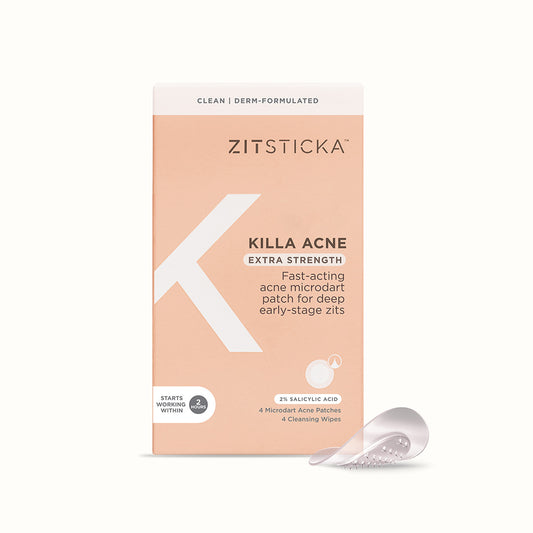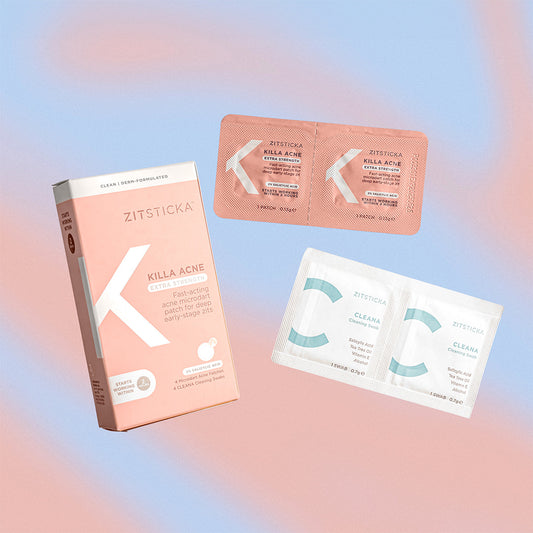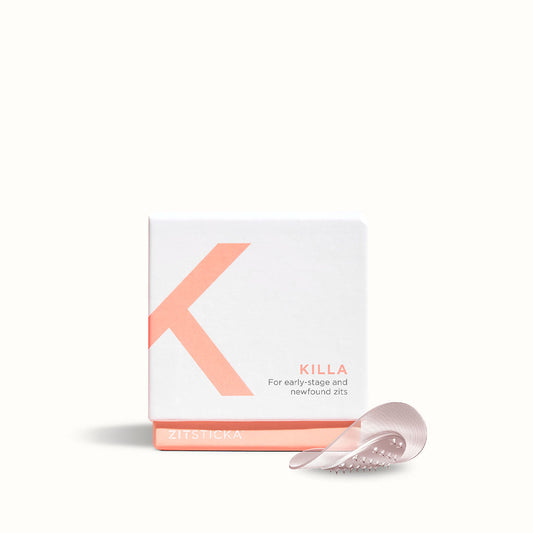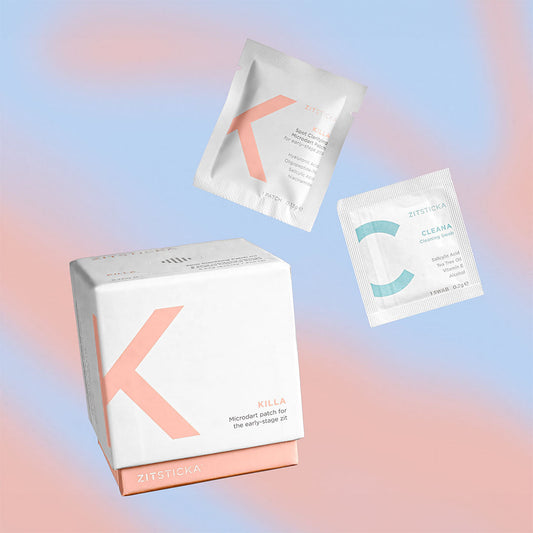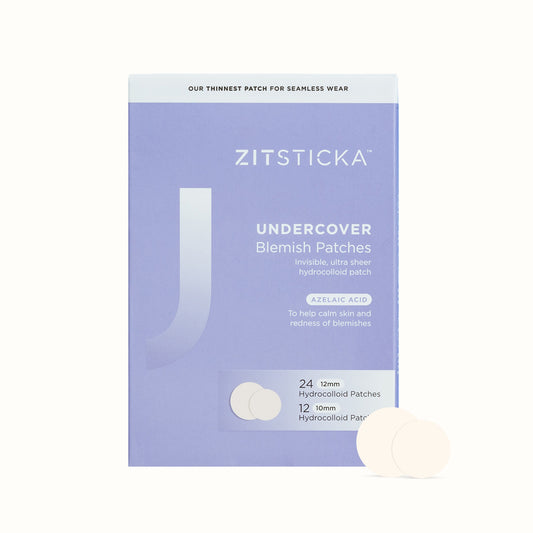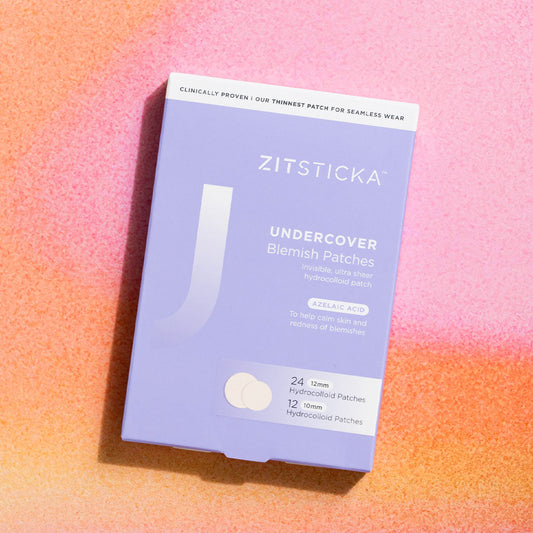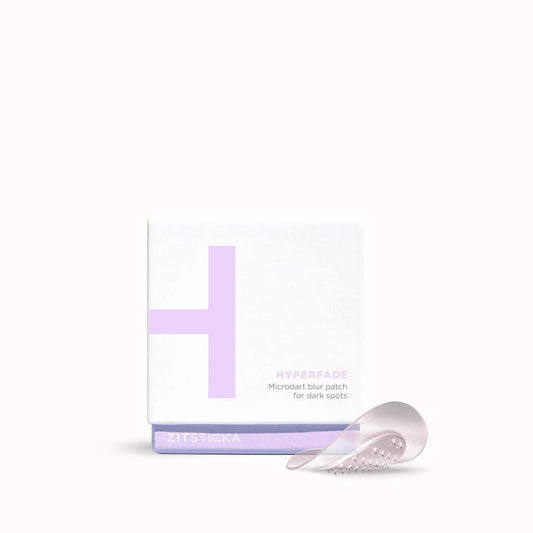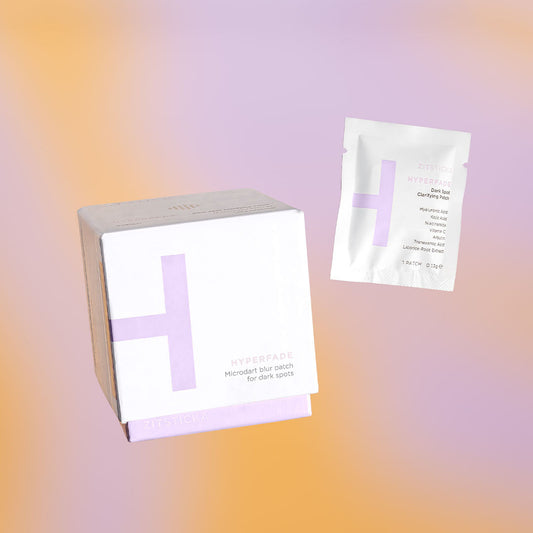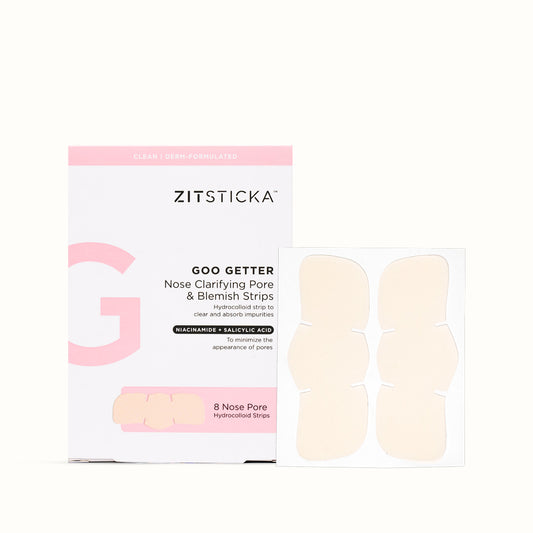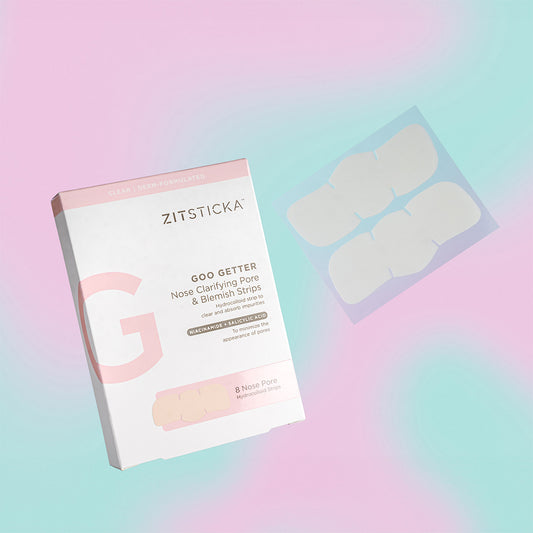Much like thin, overplucked eyebrows or squabbling furiously with your parents, acne is typically associated with our teens—existing as this rite-of-passage we endure until our hormones chill out. But acne doesn’t end in our teens for all of us. A 2007 study of acne sufferers conducted by the University of Alabama found that roughly 51% of the women and 43% of the men surveyed were aged between 20 and 29. Further to that, roughly 26% of women and 12% of men were aged between 40 and 49.
Scientifically, the only difference between adult acne and acne is that adults get adult acne. (Groundbreaking discovery, right?) But much like acne itself, scientists are at odds with each other over what the causes of adult acne actually is. The affliction, then, feels modern—and so, the first hypothesis is that it’s about what we’re eating and what we’re exposed to. A 1999 study from the UK reported that in the space of a decade, the average age of an adult with acne rose from 20.5 to 26.5. One *possible* driving factor here? Certain kinds of carbs. 
Okay so before we go ahead, a quick disclaimer: We’re not here to shame, but foods that our bodies burn up quite easily, otherwise known as foods with a higher glycemic index, have scientifically been linked with with acne. In a 2016 study, published in the Journal of the American Academy of Dermatology, researchers explored the connection between diet and acne, (think things like our dairy consumption and insulin resistance). What they found was those who ate more foods with a higher glycemic index—so refined breads, cakes and such—had greater instances of acne. Meaning, that those everything bagels we have on Sunday, or the couple slices of pizza we grab on our stumble walk home after a night out, could be showing up on our faces. The key word is could, though, because other research suggests adult acne might be related to something else: hormones.
Let’s quickly recap: That 2007 study from the University of Alabama we mentioned earlier, alongside some more recent studies, all reference how women are much more likely to develop acne than men are. And a key factor in that, at least for women, is suggested to be hormones. Using this point of gender-specific acne, a 2013 Braillian study for example found that for the majority of the women surveyed who had adult acne had higher-than-average levels of both androgen and dehydroepiandrosterone—two hormones involved in menstruation. Which, when translated from scientist, means that women are better candidates for getting acne.
Before anyone freaks out, it’s important to note that there are a lot of studies on what causes adult acne with other theories suggesting genes, excessive makeup or, as a 2017 study from the Nova Derm Dermatology Centre in Warsaw found, stress to be contributing factors. But while adult acne may not have one conclusive cause, the point is that it’s super common, super treatable and super normal to have. So relax, enjoy that bagel, and if anything pops up — you know who to call.
(Us. You call us.)
So what about dairy? Does dairy break you out?!

